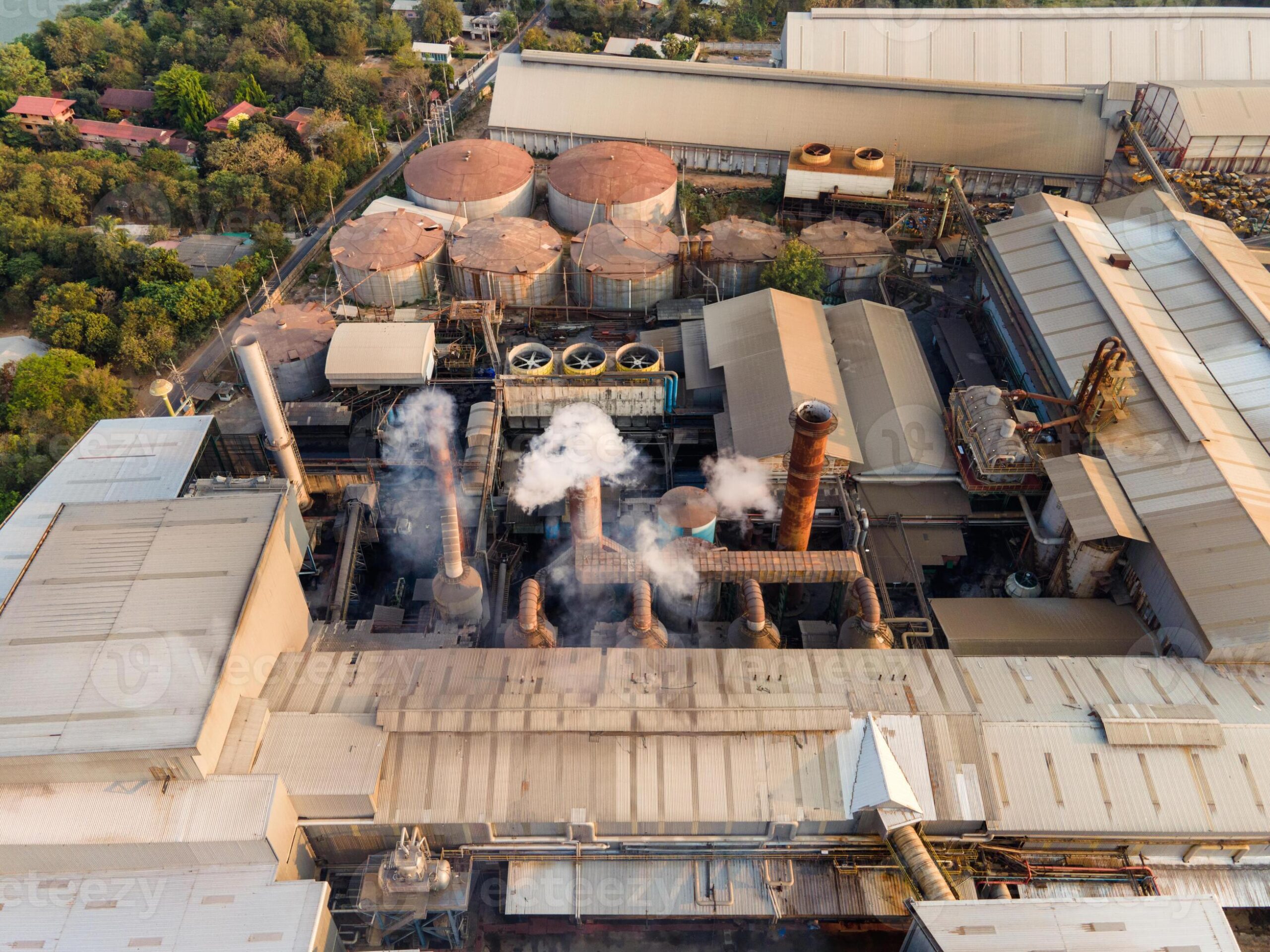Biofuel refining is a sophisticated and challenging process that necessitates very robust and reliable materials to operate under extremely harsh conditions. Among the most important components of biofuel production facilities, the pipes transporting fluids under pressure and high temperatures are the most critical. Stainless steel pipes have recently become the material of choice for biofuel refineries, with Stainless Steel 316 seamless pipes becoming an essential part. Their corrosion resistance, strength, and durability make them ideal for biofuel systems involving exposure to aggressive chemicals, high temperatures, and high-pressure conditions. In this blog, we will explore why Stainless Steel 316 seamless pipes are vital in biofuel refining operations.
The Role of Stainless Steel Pipes in Biofuel Refining
The raw materials – the oils, fats, and biomass- are transformed in the process of biofuel production into fuels such as ethanol and biodiesel. This involves different chemical reactions and stages, mostly heating, filtration, distillation, and separation, wherein each step subjects fluids, gases, and chemicals for flow in pipes to extreme conditions.
Often, the refining process involved corrosive substances like acids and alkalis as well as solvents that would rapidly degrade traditional pipe materials. Besides, the high temperature and pressure levels in refining operations make demands on pipes to provide strength and stability over extended periods.
Why Select Stainless Steel 316 Seamless Pipes?
Stainless Steel 316 is a premium, austenitic stainless steel alloy that is primarily composed of iron, chromium, nickel, and molybdenum. Its introduction of molybdenum enhances its resistance to corrosion and oxidation, particularly in the presence of chlorides. Therefore, it perfectly suits biofuel refining, as chlorine and other corrosive agents are present in such processes. Now, let’s discuss the significant advantages of using stainless steel 316 seamless pipes for biofuel refining.
1. Excellent Corrosion Resistance
One of the major concerns with refining biofuels is corrosion exposure. As sulfur, chlorine, and other chemicals used in the production process remain present within the fluids in the systems, pipes call for high corrosion resistance. In that respect, Stainless Steel 316 is one of the best corrosion-resistant alloys, and the corrosion resistance is fantastic, even in highly acidic and saline environments. This makes it perfect for use in biofuel refineries, where pipes have to withstand attack from these chemicals, ensuring less repair and fewer replacements in the long term.
2. Resistance at High Temperature
The refining process demands the process of heating the raw material at high temperatures. Pipes made of Stainless Steel 316 can withstand temperatures up to intermittent service at 870°C or 1600°F and approximately 925°C or 1700°F in continuous service. This thermal stability ensures that pipes do not lose their strength and integrity even when extremely hot, a critical factor for the high-temperature processes in biofuel refining. The possibility of retaining structural integrity at high temperatures reduces the risk of pipe failure or collapse and assures the smooth running of refining systems.
3. Strength and Durability
Biofuel refining systems often involve high-pressure piping for hot liquid, gaseous, and slurry transport. Mechanical properties, such as tensile strength, make Stainless Steel 316 seamless pipes ideal for applications that are needed in biofuel refining processes that involve pressure. These pipes have enough tensile strength to support the pressures present within the biofuel refining system. Such mechanical properties ensure minimal chances of leaks or catastrophic failure at different stages of production.
4. Weldless Design for Extra Strength
Seamless tubes are without welds, whose areas of weakness can cause leakages and then corrosion or even failure. Stainless Steel 316 tubes possess seamless construction to ensure no weak points in the pipe structure, which is especially critical in the case of biofuel refineries, where any form of failure will lead to costly downtime, hazardous spillages, or even fires. The seamless design allows for higher structural integrity and reduces the chances of defects, leading to a safer and more reliable refining process.
5. Stress Corrosion Cracking Resistance (SCC)
Many metals suffer from SCC due to the combined effects of stress, temperature, and corrosive chemicals involved in biofuel refining. For Stainless Steel 316, SCC will be minimal, and SCC resistance is an attribute associated with its suitability for systems exposed to fluctuating stresses or conditions that may otherwise cause cracking. As a result of this property, the pipes will remain intact and functional even when subjected to harsh environmental and operational conditions typical of biofuel refineries.
6. Long Service Life and Cost-Effectiveness
Stainless Steel 316 pipes may come at a higher price than other materials, but durability, resistance to corrosion, high temperatures, and pressure lend them greater cost-effectiveness in the long term. Their capability of withstanding rigorous refining environments without periodic replacement or repair greatly cuts down on general maintenance costs and increases the refinery’s efficiency.
Applications of Stainless Steel 316 Seamless Pipes in Biofuel Refining
Stainless Steel 316 seamless pipes are used in various stages of the biofuel refining process, including:
Distillation Columns: Used to transport heated vapours and liquids during the distillation process.
Heat Exchangers: These pipes are used to transfer heat between fluids without direct contact, helping maintain optimal temperatures during refining.
Chemical Reaction Vessels: Stainless Steel 316 pipes are used for delivering raw materials and chemicals in reaction vessels having high temperatures and pressures.
Storage Tanks: They also store finished biofuels along with raw materials where corrosion resistance and strength were of utmost importance.
Conclusion
Stainless Steel 316 seamless pipes provide no match for performance in biofuel refining in corrosion resistance, high-temperature stability, mechanical strength, and long service life. Stainless Steel 316 Seamless Pipes are designed to face the challenging environments and harsh conditions that characterize biofuel production. These seamless pipes can be really helpful during these missions when utilized. Biofuel refineries can ensure safer, more reliable, and more efficient operation, as well as lower maintenance costs and longer system life, by using stainless steel 316 seamless pipes.

